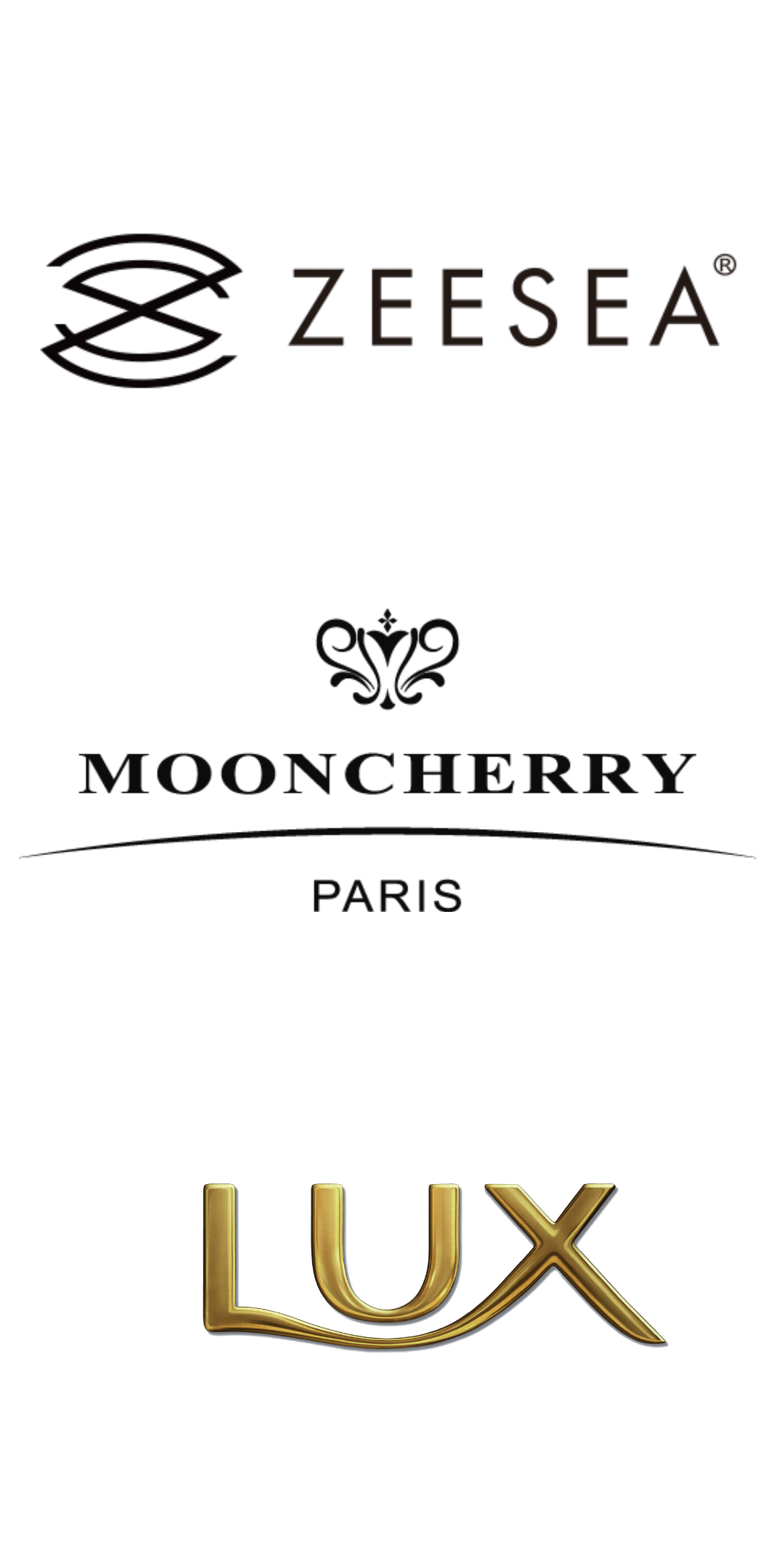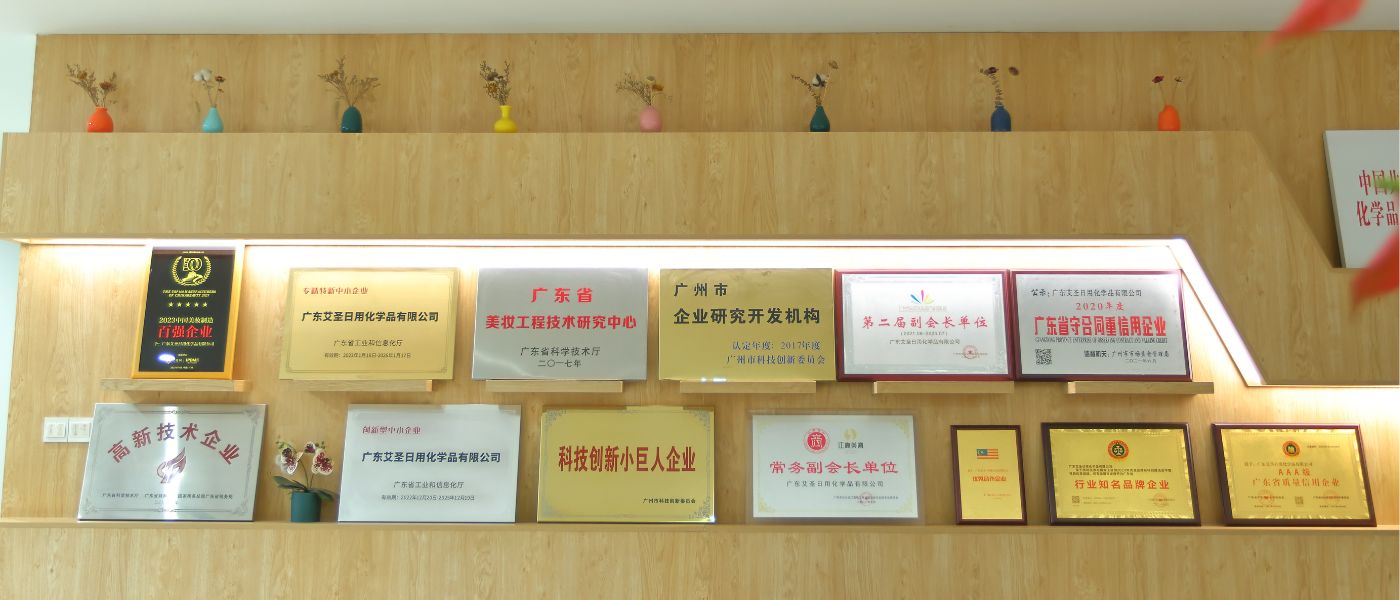As the global baby products market continues to grow—valued at $214.13 billion in 2021 with a projected 5.7% CAGR through 2030, according to Grand View Research—it’s increasingly important to make informed choices. Parents and caregivers have a variety of factors to consider when selecting the right products for their little ones. Below are the key considerations to keep in mind:
#1 Ingredient List
When buying baby products, scrutinizing the ingredient list is crucial. Always look for mild, non-irritating substances that are free from parabens, sulfates, and synthetic fragrances. Natural ingredients are often a safer bet for sensitive baby skin. For example, consider products with chamomile or aloe vera, which are known for their soothing properties.
#2 Dermatologist-Tested
Opting for products that are dermatologist-tested and hypoallergenic is advisable. Such items are less likely to cause allergic reactions or irritate a baby’s delicate skin. Certifications like the National Eczema Association Seal or Dermatest indicate rigorous safety testing and collaboration with healthcare professionals. These labels provide an added layer of assurance for consumers seeking the safest options.
#3 Packaging and Dispensing
Pay attention to the packaging and how the product is dispensed. Pump bottles or squeeze tubes with a narrow opening can prevent contamination and make it easier to apply the product. Proper packaging also ensures that the last bit of the product can be extracted without waste. After all, convenience in the application can make a world of difference during those busy parenting moments.
#4 Cost-Effectiveness
Price is another significant factor. While it may be tempting to go for cheaper options, remember that quality often comes at a cost. Look for products that offer a good balance of quality and affordability. Brands like Nako Cosmetic provide that balance, offering premium quality without breaking the bank. Investing in such reliable brands can yield long-term benefits for the baby’s well-being.
#5 Product Reviews and Recommendations
Lastly, make sure to read reviews and seek recommendations from other parents or experts in the field. Customer reviews can offer real-world insights into how effective a product is. Consulting pediatricians or dermatologists for their expertise can also provide additional assurance in making the right choice. Leveraging these multiple sources of information provides a well-rounded view for a more informed decision.





